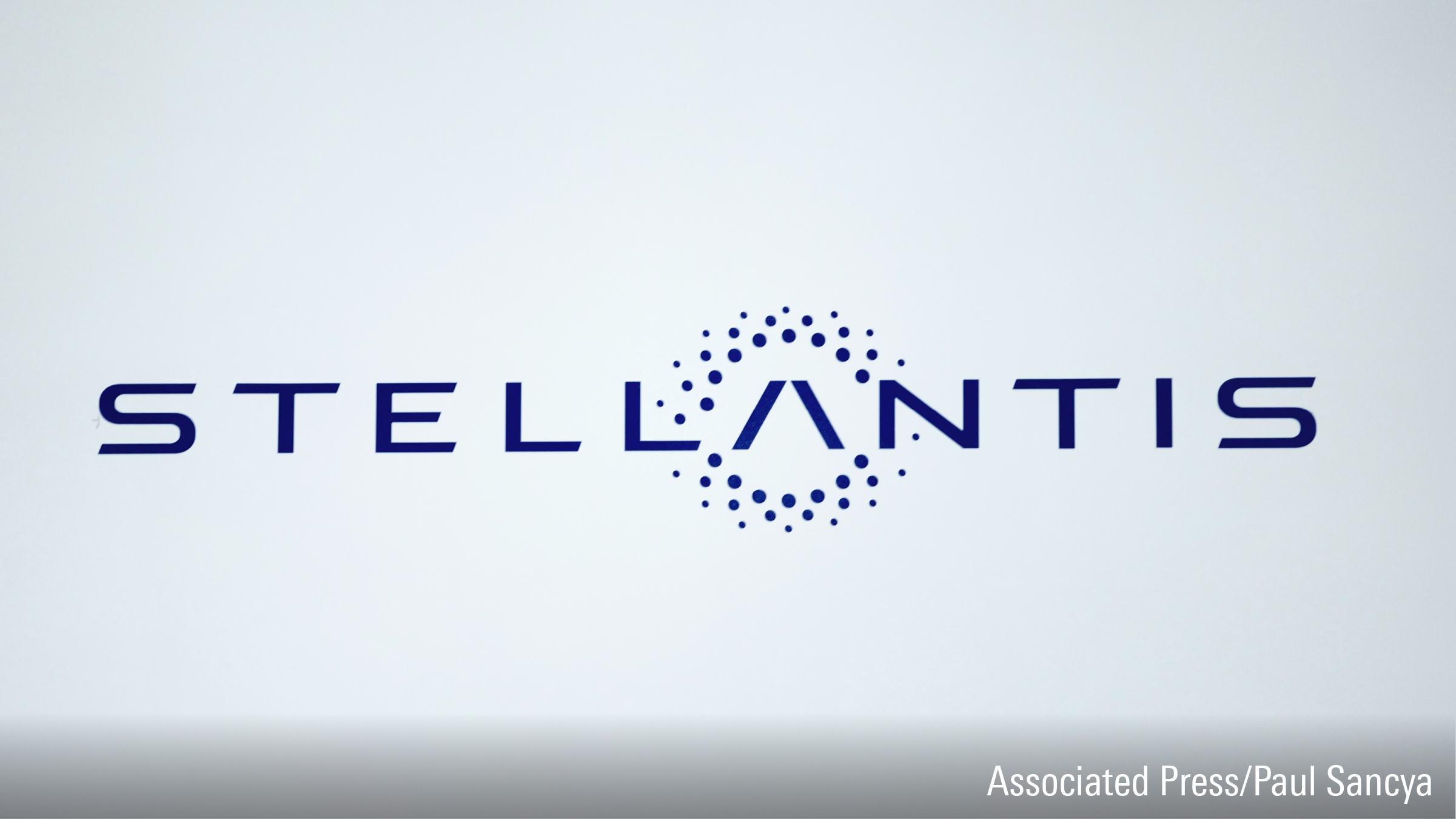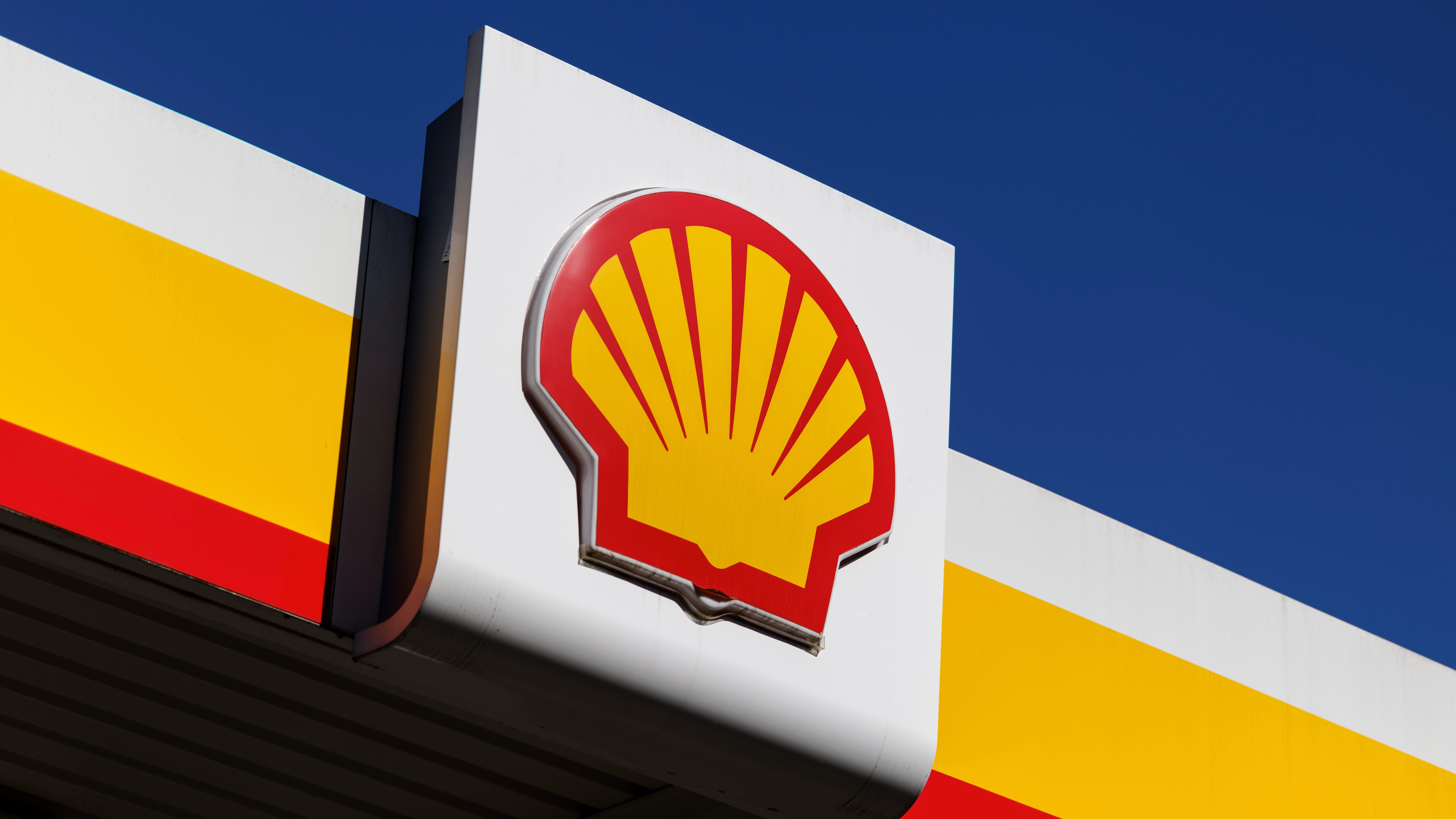Holly Black: Welcome to Morningstar. I'm Holly Black. With me is Tancrede Fulop. He is an equity analyst at Morningstar in Amsterdam. Hello.
Tancrede Fulop: Hello, Holly.
Black: So, we've been looking at how to invest in an ESG-friendly way if you're picking out individual companies. And I think car makers are perhaps not an obvious area for an ESG investor. But you've found that actually since the Covid-19 pandemic some companies in this space have really improved their credentials. What's been going on?
Fulop: Yeah. So, auto makers were hit pretty hard by the pandemic. But on the upside, several companies responded to the global health crisis by producing ventilators. And this may be an opportunity to alleviate some of the financial impact of the pandemic and to reap reputational benefits. But still, there's a long way to go to move the needle for a sector whose ESG risks are quite high, in particular in terms of product governance, human capital and carbon emissions. So, for product governance, poor management of this risk can lead to recalls of cars and it is also very important for the production of ventilators which requires re-adaptation of their quality management systems. Other high ESG risk of the automotive sector is human capital. Human capital is very important because human resource management and workplace safety are critical for operating during a pandemic. In the US, for instance, approval and support of car makers' safety measures by the United Auto Workers, UAW, the largest union, was necessary prior to reopening plants for General Motors, Ford or Fiat Chrysler.
Black: So, we know cars aren't that kind of eco-friendly because of emissions and such. So, investors might assume that investing in something like Tesla would be a good bet because that's electric vehicles, that's a lot more environmentally friendly. But actually, you think the ESG risks with this stock are quite high.
Fulop: Yeah, exactly. So, as you mentioned and as everybody knows, so Tesla produce only electric cars, and this is reflected in the carbon emissions or what Sustainalytics calls it carbon on products which is very negligible compared to other automakers. But this is more than offset by other ESG risks for Tesla like product governance and human capital. So, on the bottom line, Tesla has a high ESG risk rating at Sustainalytics. So, for product governance, the poor score comes from several historical delays in deliveries and some quality and safety incidents in the past. And for human capital, which is pretty poor for Tesla, late 2019 a California labour judge ruled that Tesla violated labor laws by threatening employees who attempted to unionise. And also, during the pandemic Tesla has been involved in a controversy with authorities over the reopening of its Fremont factory in California amidst health concerns. So, the company has announced plans to produce ventilators in the Buffalo Giga factory, but it is not material enough to reduce the high ESG risk.
Black: So, it really shows you that just because something is a new technology or a disruptor, you can't immediately assume it's going to be ESG-friendly if you are an investor?
Fulop: Yes, exactly. There is still a long way to go but investors seem to focus more on the electric hype and the very good performance in terms of low carbon emissions.
Black: Tancrede, thank you so much for your time. For Morningstar, I'm Holly Black.




























